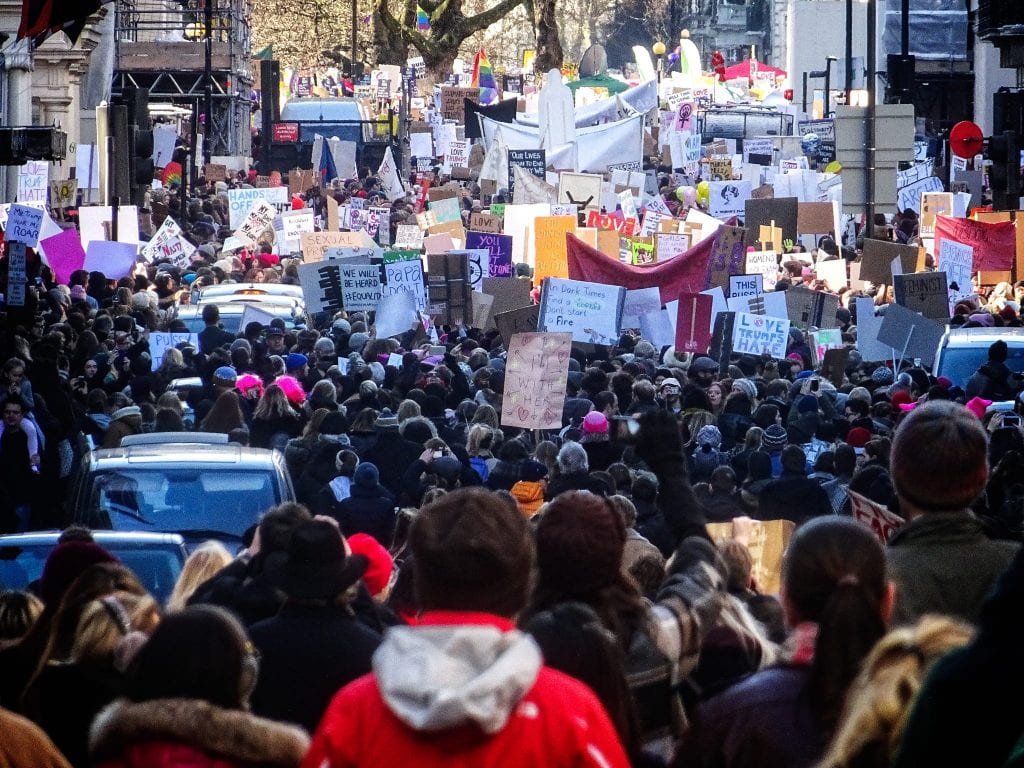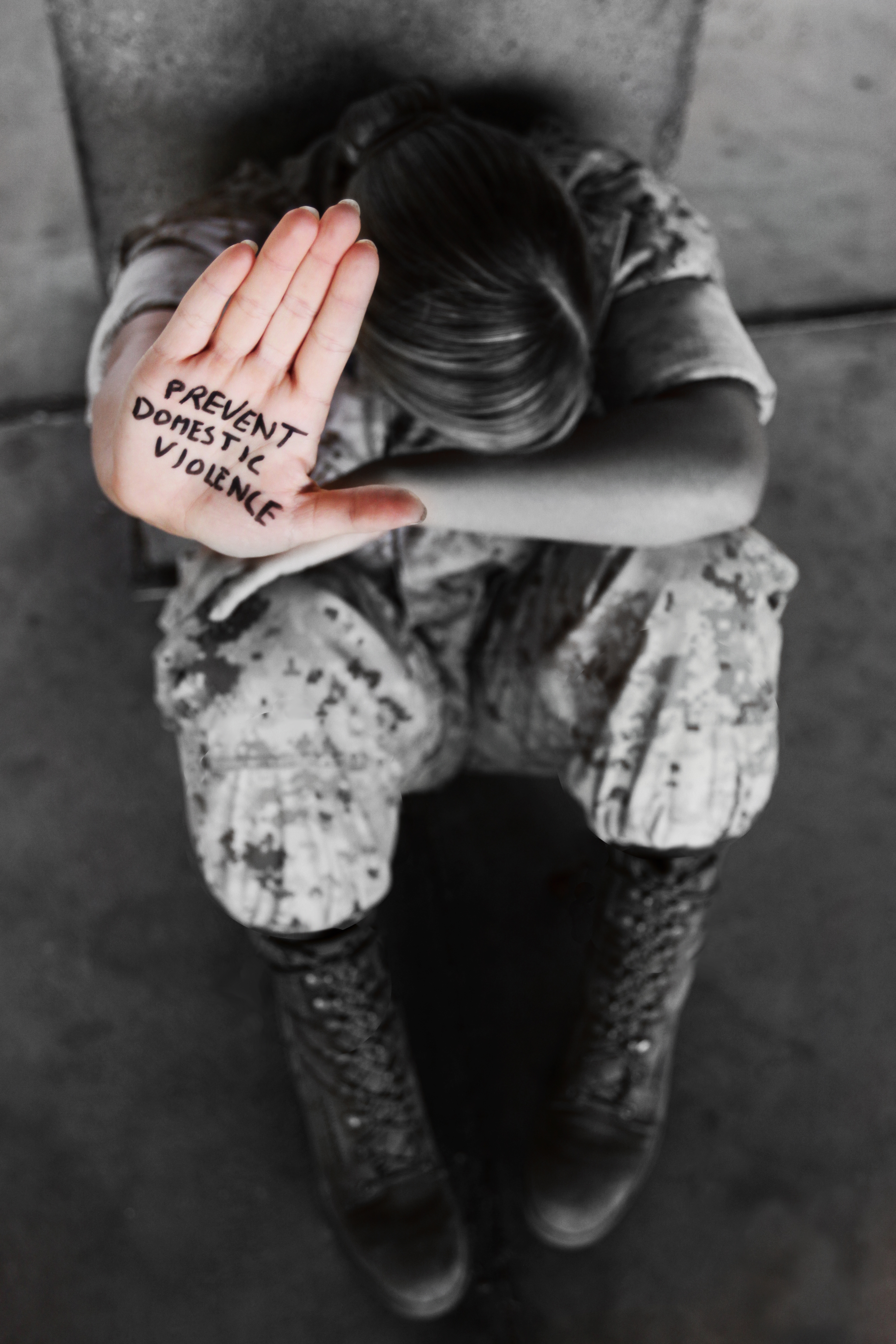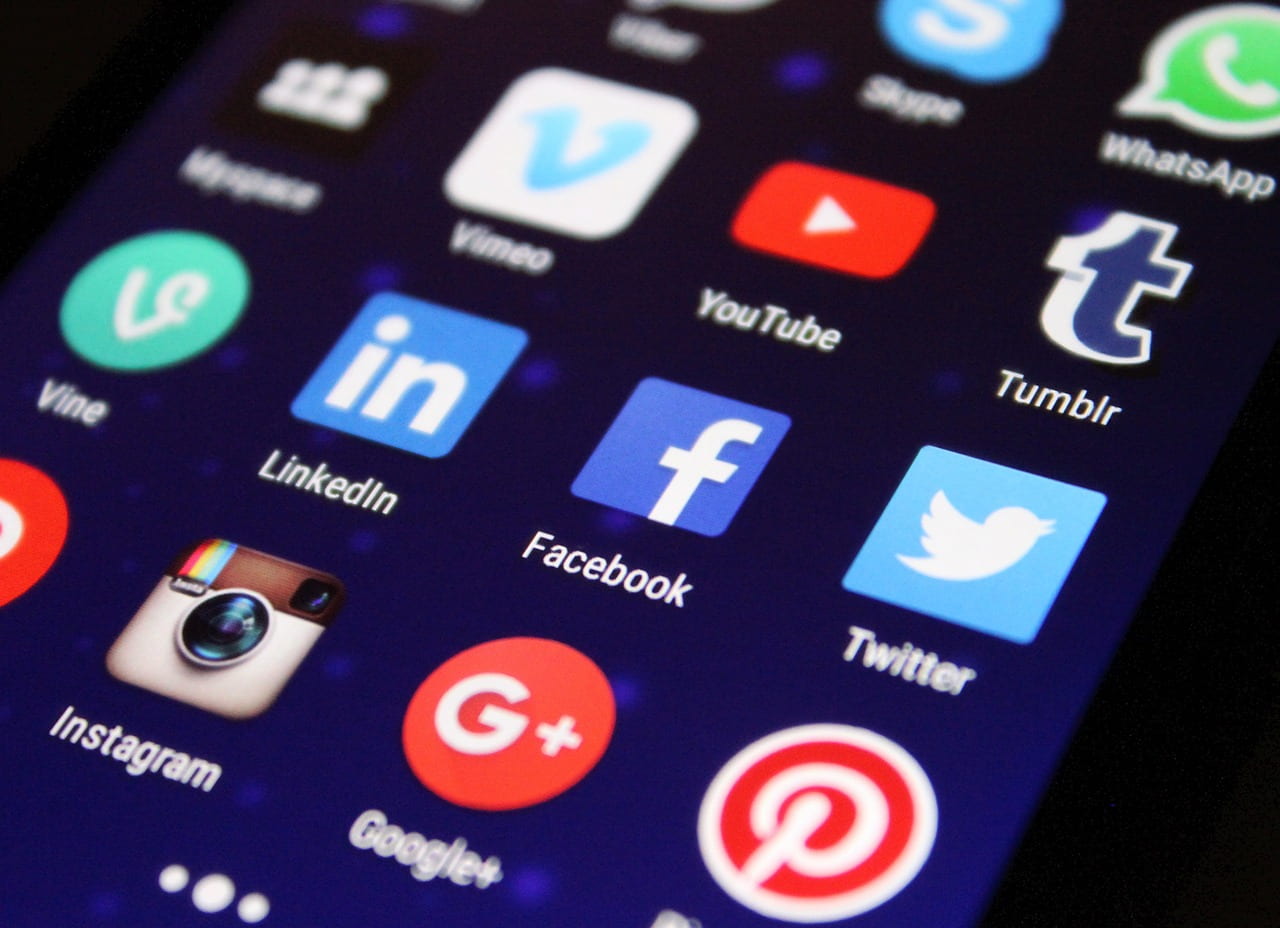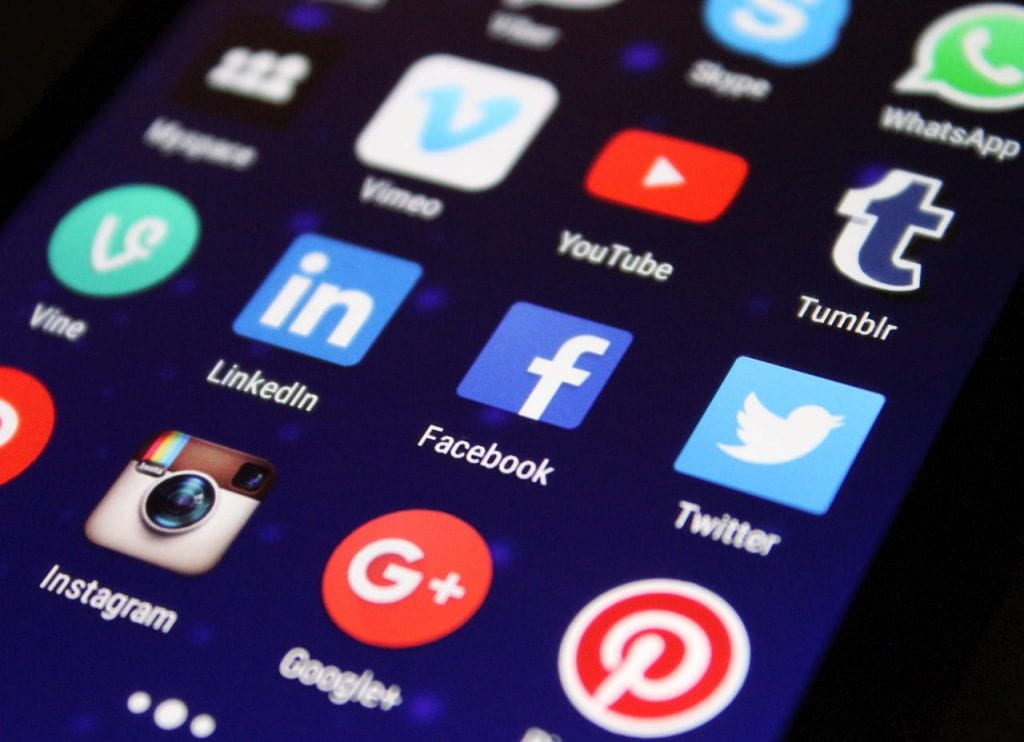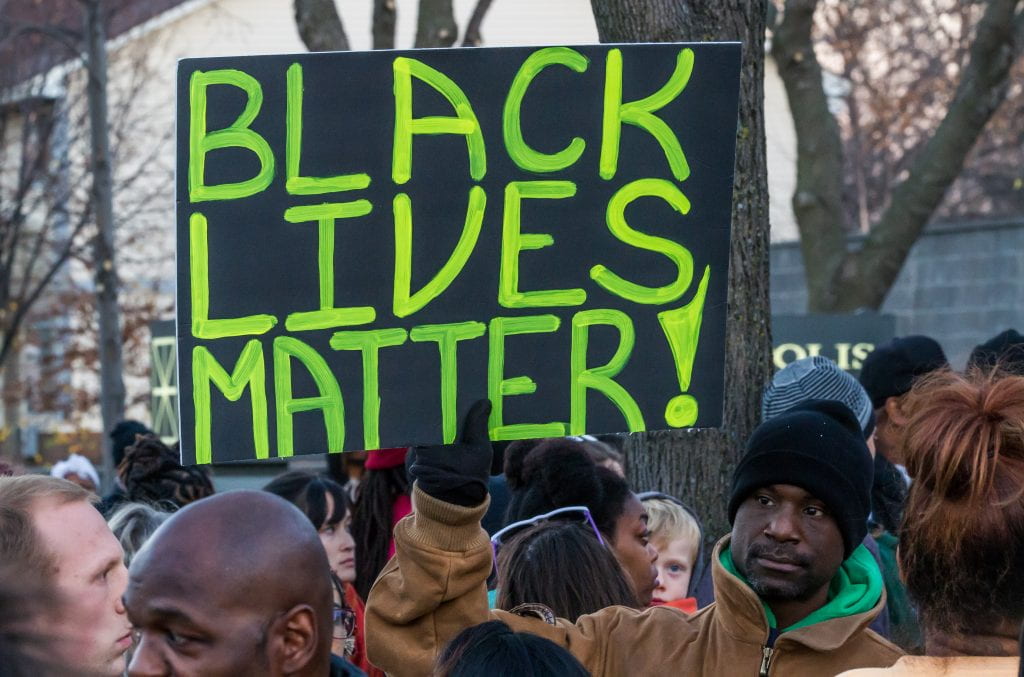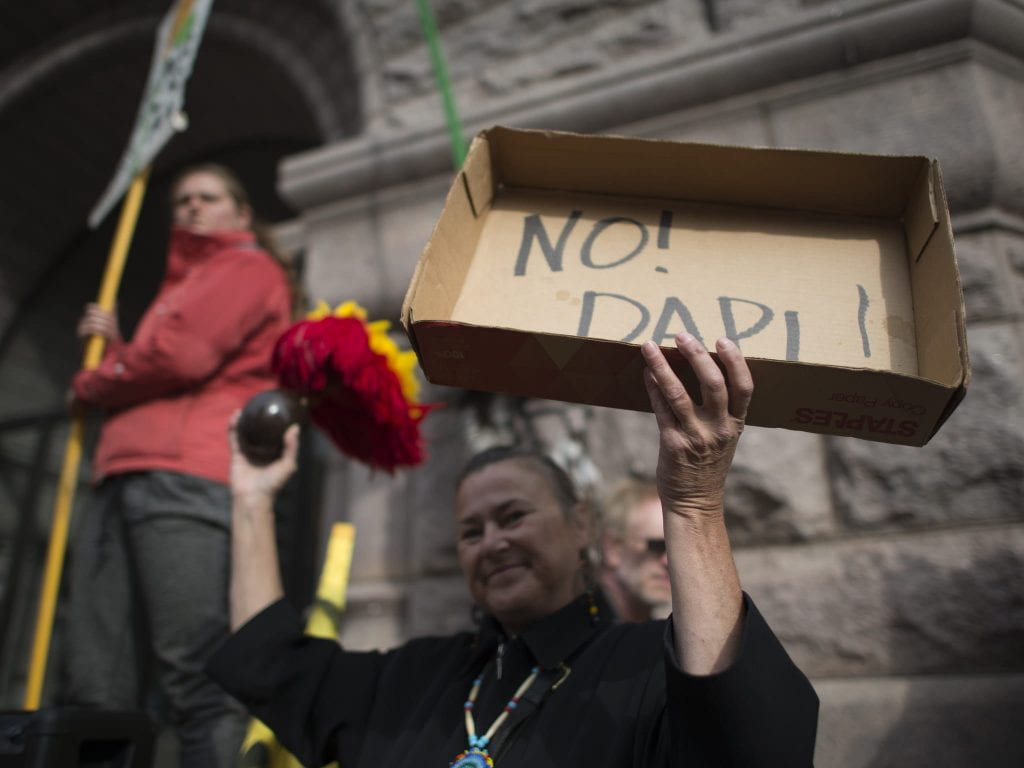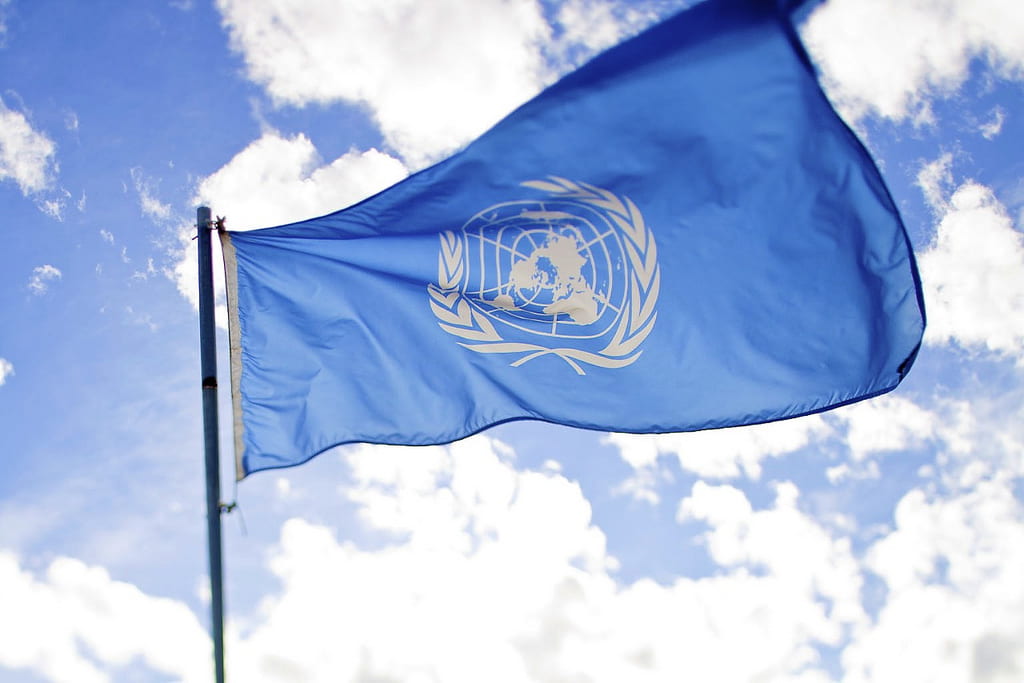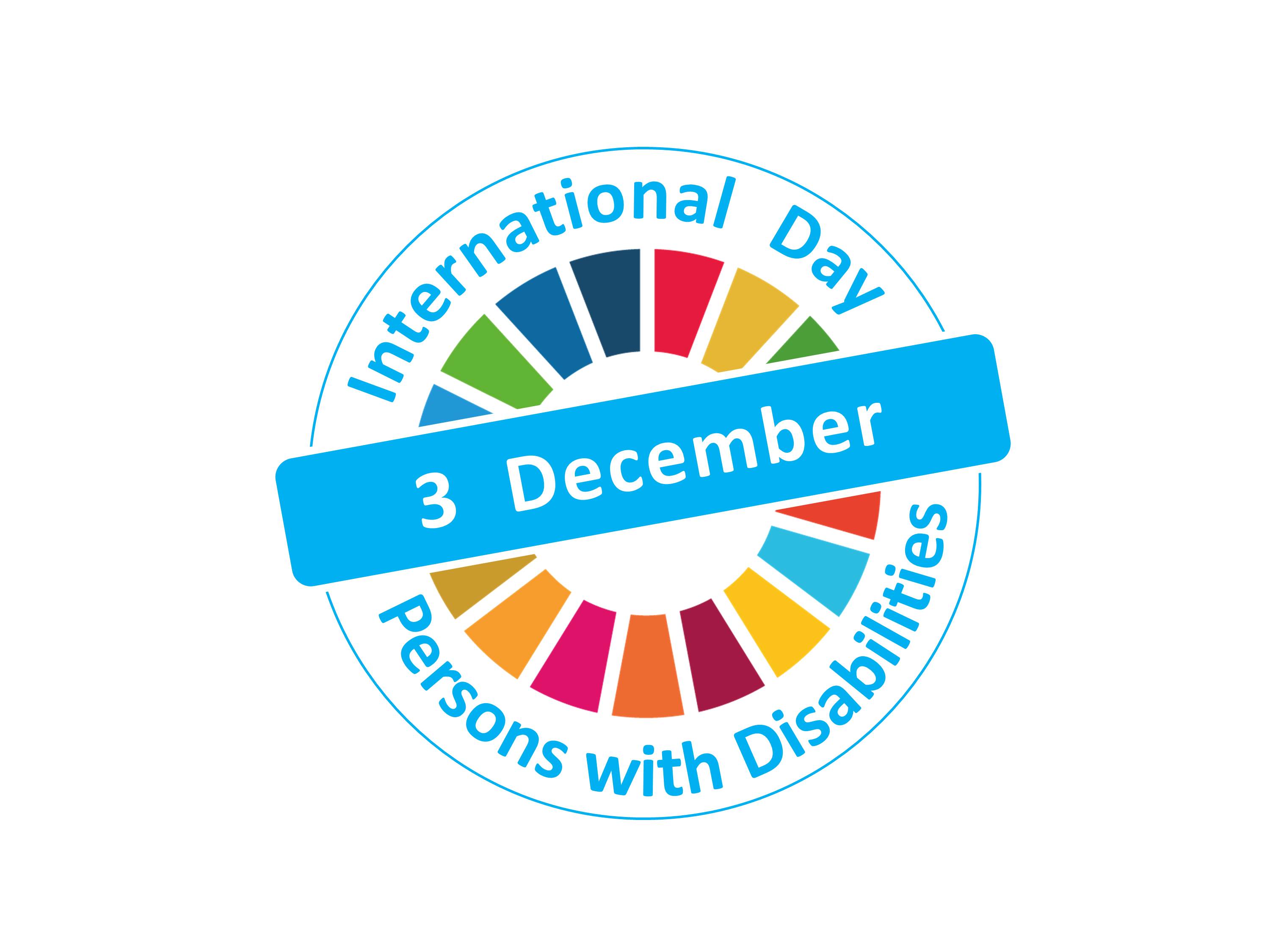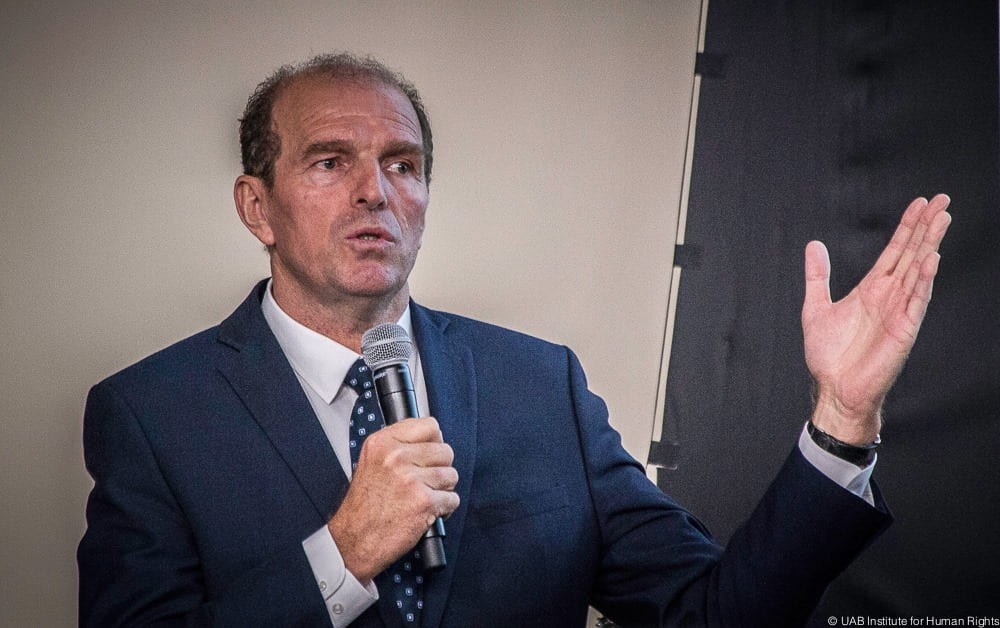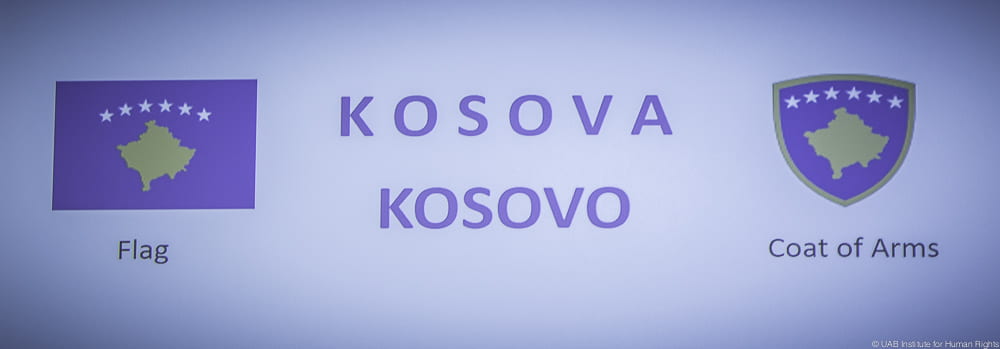
‘Ms. Crenshaw, make sure Jasmine keeps writing’. My mom was told this by my 4th grade teacher, Mrs. Williams, at my school’s open house event after she had read my book report on “The Watsons Go to Birmingham-1963”. Mrs. Williams also had our class to write journal entries regularly throughout the entire school year. She gave us topics to write about, from everyday events to what our favorite things were as nine-year-olds. One entry of mine was about the weekend where I was baptized at my church. In the entry, I wrote about my shopping adventures to find a white baptism dress and how excited I was to experience this new part of my faith. Thanks to Mrs. Williams, I was affirmed in my writing abilities. Between elementary and high school, I had other teachers–mostly Black women–who encouraged, criticized, and strengthened my writing skills. As a teenager feeling inspired by books, music, and television, I wrote in my journals regularly. I also wrote poems, mini-novels, and essays, most of which will never see the light of day. I wrote these pieces because of the confidence Mrs. Williams had in my writing. And I’m forever grateful for her. Those skills have served me well through my collegiate and post-collegiate careers.
Education and mentorship is important for all girls and women to experience, especially for girls and women of color. For most of my life, Black women were in the front of my classrooms, teaching everything from English to Chemistry, while making sure that me and my peers were empowered to become our best selves. When students are presented with that type of environment, the sky’s the limit. There have been plenty of examples shared across social media platforms, where teachers have affirmed their students’ individuality and their desire to learn. In a video from Nadine S. Ebri’s classroom in La Core Christian Academy in Florida, two of her students are calculating a long division problem on the whiteboard, as her classmates, and her teacher sing a song to help her answer the question correctly. In another video, Jasmyn Wright, a third-grade reading teacher in Philadelphia, goes through an empowerment exercise with her students before they start the day. I do understand when students–especially those of color and those from other marginalized communities–do not have access to this environment at times.
Some students may not feel open to being in affirming learning environments due to previous disciplinary actions or because their previous teachers had a lack of compassion for them. In multiple Southern states, it was found that Black students are expelled or suspended five times than the rest of their student population (Smith and Harper, 2015). Girls of color, especially Black girls, experience difficulties with this, especially when they are disciplined at higher rates than other racial/ethnic groups in the classroom nationally (National Women’s Law Center, 2016). When girls of color are being disciplined more and unjustly in classrooms, they might feel a sense of detachment and hurt, which might interfere with them wanting to continue working toward their educational aspirations (The White House, 2016; African-American Policy Forum, 2015).
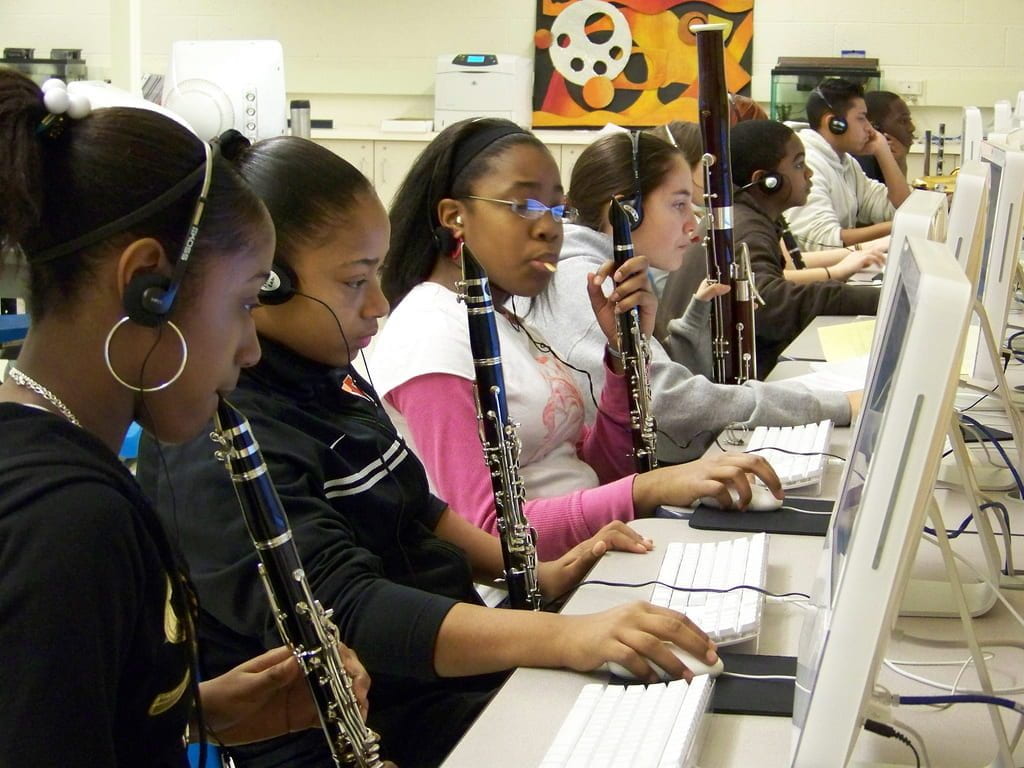
Girls and young women of color, among other marginalized communities, such as those who identify as LGBTQIA+ and those with disabilities, also experience lack of access and availability to the resources they need to thrive in the classroom. In the case of our city of Birmingham, educational inequity between Whites and non-Whites, primarily African-American students, has existed since the early 1900s (Jefferson County Place Matters Team, 2013). Similar to other parts in the South, Birmingham underwent radical changes once ‘white flight’ occurred during the late 1950s, causing White citizens to create new towns and school systems in Vestavia Hills and Mountain Brook (Colby, 2012). This level of educational inequity has continued even into 2017. A large income and poverty disparity remains between the Birmingham City School and the Mountain Brook City School districts, significant enough for it to rank highly on NPR’s list of the top 50 most segregated school borders in the country (Turner, 2016). When it comes to gender and sexual orientation, students in Alabama may feel that some of their schools are not equipped to handle the types of bullying and discriminatory behaviors they experience daily. This may be due to lack of safe spaces, lack of Gay-Straight Alliances (GSAs), and lack of teacher/administrative training (The Community Foundation of Greater Birmingham, 2016). When students’ identities intersect, as being both Black and impoverished or Hispanic and gay (for example), they might feel more uneasiness about whether or not they belong in the classroom.
When students are not provided the resources they need or the affirming learning environment they deserve, this becomes an infringement on their right to have an proper education. Financial disparity, poverty, inexperienced teachers and staff, and unequal disciplinary tactics all contribute to this. Given our new administration and the new Education secretary, Betsy DeVos, we all have a responsibility to make sure our students have the best chance to a great education, however that may look like, and to become whatever they please. Our commitment the responsibility may vary. It may be through representation in media, mentoring programs, after school programs, or just students knowing that they are loved and they are seen. Every student should have a chance to meet their own Mrs. Williams and unlock their potential for greatness.
Jasmine E. Crenshaw earned both her Bachelors of Science in Psychology and her Masters of Public Health in Health Care Organization and Policy from at the University of Alabama at Birmingham in 2014 and 2016, respectively. She works as a public health professional, a writer, and the media curator of the online Southern feminist digital hub, Curated in Color. You can find Curated in Color at facebook.com/curatedincolor.
References
Colby, T. (2012). Some of my best friends are Black: The strange story of school integration in America. [Book]
Community Foundation of Greater Birmingham, The. (2016, August). Living LGBTQ+ in Central Alabama: Priorities for action. Retrieved from http://www.cfbham.org/wp-content/uploads/2016/08/Living-LGBTQ-in-Central-Alabama.pdf
Jefferson County Place Matters Team. (2013). Place matters for health in Jefferson County, Alabama: The status of health equity on the 50th anniversary of the civil rights movement in Birmingham. A special report. Retrieved from http://media.al.com/spotnews/other/Place%20Matters%20for%20Health%20in%20Jefferson%20County%20Alabama.pdf
National Women’s Law Center, The. (2016). Let Her Learn: A Toolkit to Stop School Push Out for Girls of Color. Retrieved from http://nwlc.org/wp-content/uploads/2016/11/final_nwlc_NOVO2016Toolkit.pdf
Smith, E.J. and Harper, S.R. (2015). Disproportionate impact of K-12 school suspension and explusion on Black students in southern states. Philadelphia: University of Pennslyvania, Center for the Study of Race and Equity in Education. Retrieved from https://www.gse.upenn.edu/equity/sites/gse.upenn.edu.equity/files/publications/Smith_Harper_Report.pdf
Turner, C. (2016, August 23). The 50 most segregating school borders in America. NPREd. Retrieved from http://www.npr.org/sections/ed/2016/08/23/490513305/the-50-most-segregating-school-borders-in-america
White House, The. (2016, December). Advancing Equity for Women and Girls of Color: 2016 Updated Report. https://www.whitehouse.gov/sites/whitehouse.gov/files/images/2016%20CWG%20WGOC%20REPORT%20.pdf



